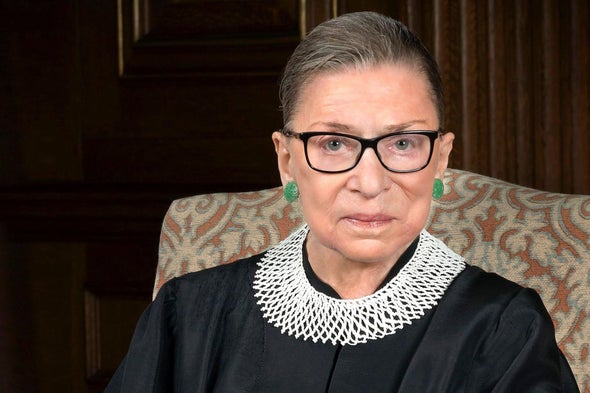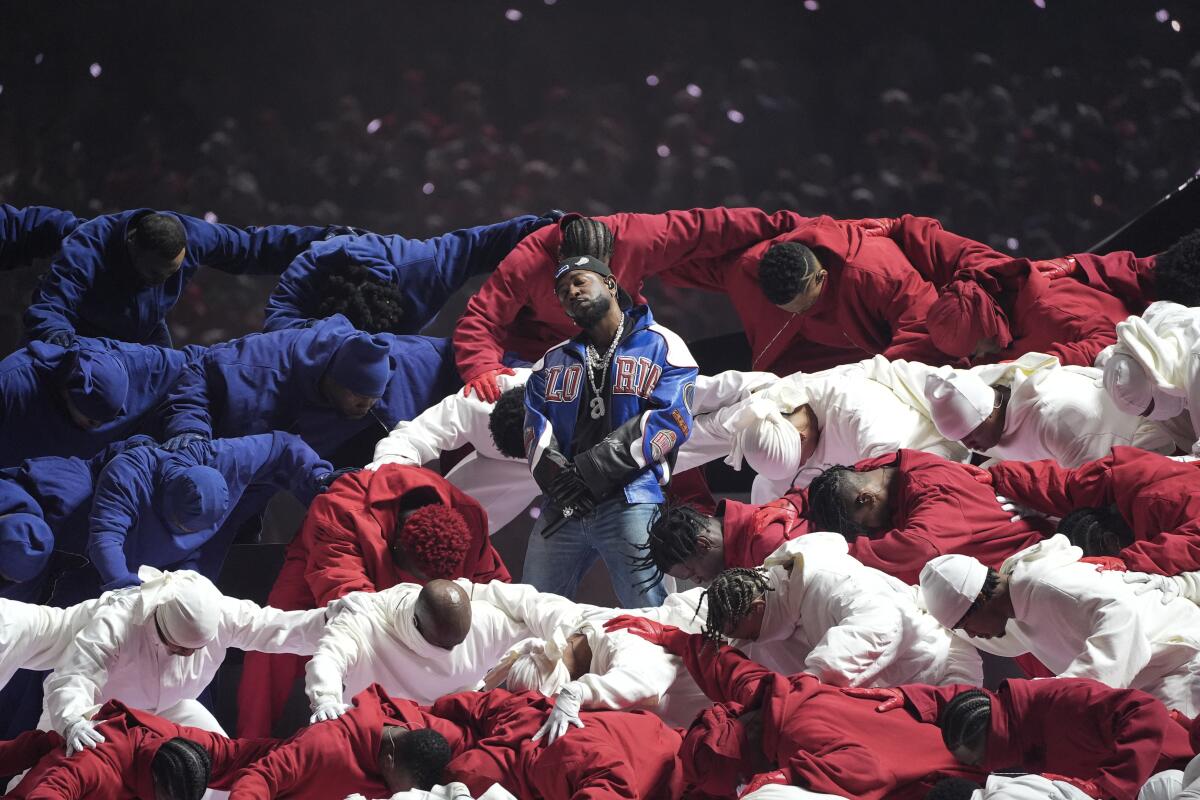Ruth Bader Ginsburg, a revolutionary feminist in the realms of education, law, and advocacy, passed away on September 18, 2020. The now-vacant seat on the Supreme Court has taken center stage in the already-contentious Presidential election and, should a new justice be confirmed under President Trump’s conservative rule, threatens to move the political leanings of the court decisively to the right. Vice President Joe Biden asserts that “in the coming days, [Americans] should focus on the loss of [Ruth’s] justice and her enduring legacy” (NYT).
Justice Ginsburg, better known by her supporters as “Notorious RBG,” was no stranger to the clash of polarizing political ideologies. During her tenure, Ginsburg both championed education and policy to support equal legal protection for women and formed a most-unlikely friendship with ultra-conservative Justice Scalia, who often opposed and publicly criticized her views. Indeed, there is no better time than now, during the height of political contention, for Ginsburg supporters and American voters to ask, “What would Ruth do?”
Ginsburg and Scalia first worked together at the U.S. Court of Appeals for the District of Columbia from 1992-93. Scalia, a Reagan nominee, and Ginsburg, a Clinton nominee, were reunited in 1993 as justices of the Supreme Court. Ginsburg, a liberal justice who believed that the interpretation of the constitution “should evolve” to reflect its modern constituency, and Scalia, a “textualist,” fervently opposed one another’s ideologies and interpretations of the law. Notable disagreements include the 1996 “United States vs. Virginia” case, which ultimately prohibited the Virginia Military Institute from denying admission to women, and the 2015 legalization of same-sex marriage. When Justice Ginsburg authored the 1996 majority opinion, Scalia gave her an unfiltered copy of his dissent draft, full of “scathing criticism” and opposition “to improve” her own opinion draft. Ginsburg recalled that his letter “ruined her weekend,” but made her final majority opinion better (CNN). Disagreement and confrontation between the justices continued during their tenures, but it was not to interrupt their weekly dinners, prepared by Ruth’s husband and enjoyed wholeheartedly. Ginsburg and Scalia traveled together, enjoyed the opera, and, despite their diametrically opposed understandings of Constitutional Law, lauded each other’s formulation and “delivery” of opinion.
Against the backdrop of family vacations, weekly dinners, and genuine mutual respect, it is tempting to conclude that the relationship between Ginsburg and Scalia led to some extent of compromise on the court. But, as evidenced by the unwavering voices of dissent of both the liberal and conservative opinions, compromise was not the key to Ginsburg and Scalia’s friendship. And, in matters of advocacy, social justice, and humanity, RBG teaches us that it is not necessary to compromise or stifle one’s own beliefs in order to transcend party divides and pursue civility.









